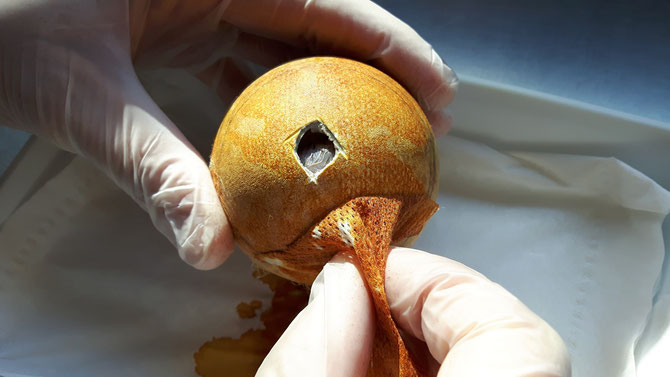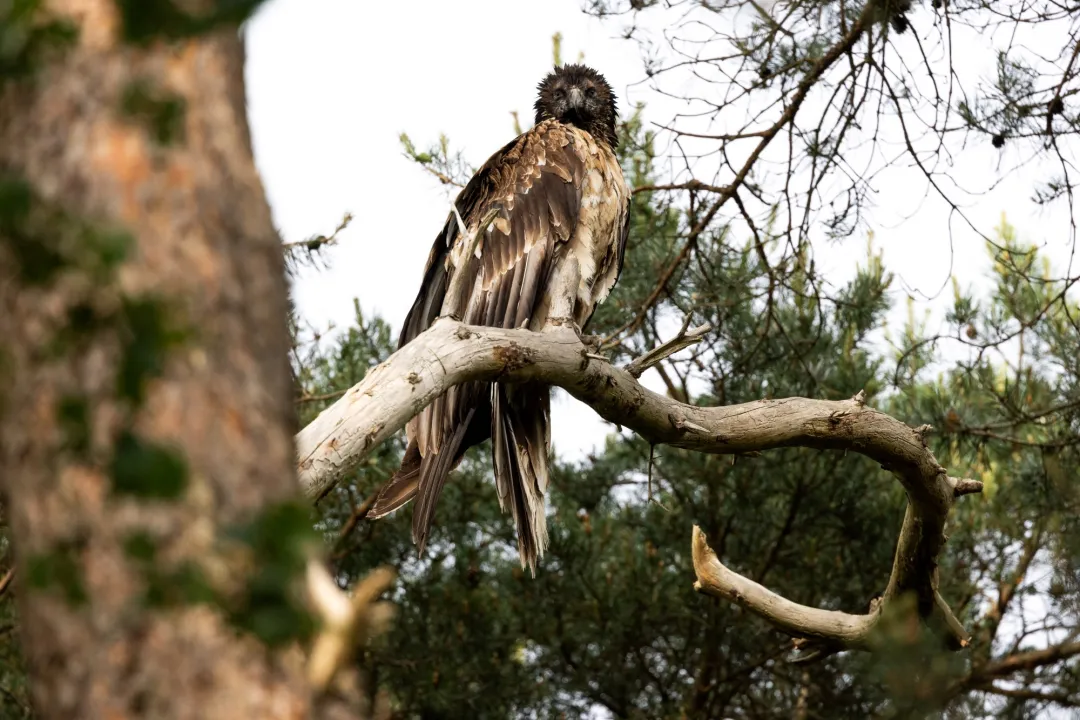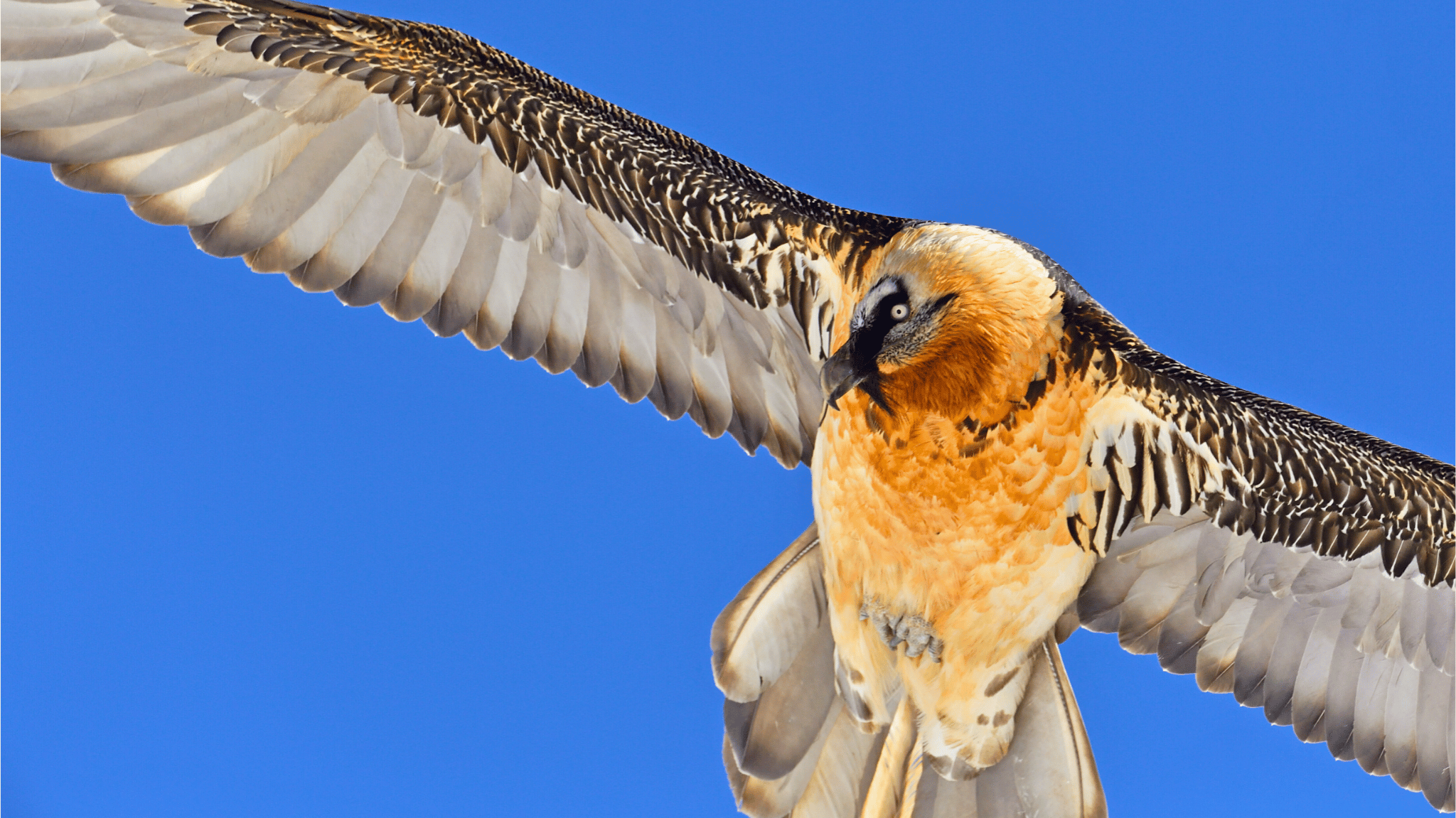Shell thickness of bearded vulture eggs from the period 1989 to 2012 (collected from nests after breeding failure and/or fledging) was compared with eggs collected from 1858 to 1911 (and now held in European museums) by Mauro Hernandez and colleagues. Their results, just published on Science of the Total Environment, showed there was a decrease in eggshell thickness in eggs collected since 2001, more evident even from 2004, suggesting an abrupt loss of egg quality.
The authors suggest this may be related to extrinsic factors such as food availability and quality – either due to density-dependent competition for food resources or the impact of the sudden changes in food availability due to sanitary regulations between 2006 and 2011 – now fortunately reversed with scavenger-friendly policies in place again.
The good news was that organochlorine pesticides and polychlorinated biphenyls levels were found in low levels, suggesting the impacts of this contamination seem to be a thing of the past.
You can download the full paper below.
Photo: VCF
![]() Decrease in eggshell thickness from bearded vulture eggs from the Pyrenees Hernández et al 2018 Science of the Tota Adobe Acrobat Document 513.3 KB Download
Decrease in eggshell thickness from bearded vulture eggs from the Pyrenees Hernández et al 2018 Science of the Tota Adobe Acrobat Document 513.3 KB Download




